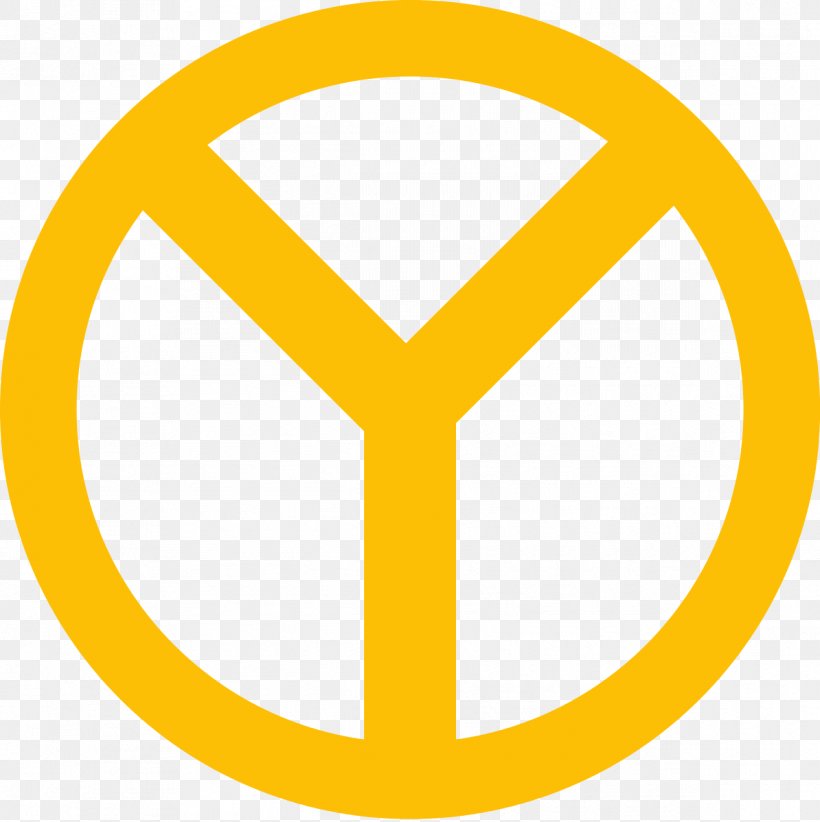
 This book is the memoir of Solomon Perel’s adventures during the Second World War. It is a well-known story and was told in the film of the same name released in 1990.
This book is the memoir of Solomon Perel’s adventures during the Second World War. It is a well-known story and was told in the film of the same name released in 1990.

Perel was born into a Jewish family living in Peine, near Brunswick, in northern Germany in 1925.[1] In 1935, his parents moved from Germany to Lodz in Poland to escape the increasing persecution Jews were suffering under the Nazi Regime.[2] Perel was forced to flee again in 1939 after the German invasion of Poland and he ends up in a Soviet orphanage in Grodno, located today in modern-day Belarus.[3] Perel is captured by German forces when they invade the Soviet Union in June 1941. To save himself from certain death, Perel tells the Germans that he is a Volksdeutscher, an ethnic German living outside the Reich.[4]
The Germans accept this explanation at face value and he is unofficially adopted by the unit that captured him as a translator as he could speak Russian and German. Identifying exactly what this unit was is difficult, all Perel says was that it was the Panzerjagerabteilung of the 12th Panzer Division.[5] He then spends a year with the formation and becomes their mascot on account of his youth (16).[6] After this time, he is sent back to Germany as he is officially a minor and attends an elite Nazi boarding school where he stays for the remainder of the war.

The purpose of reading this book was to explore what kept Perel going as a soldier to cope and survive through his experience of frontline service and what he believed motivated the soldiers with whom he served.
Perel’s overriding priority was to survive and avoid his comrades detecting his true identity as a Jew, something they could have discovered had they seen him naked as he was circumcised. Had he been discovered it is probable they would have killed him. The unit he was with certainly was involved extensive war crimes including looting and the murder of Jews, Red Army commissars and partisans.[7]
However, despite the horrors he witnessed, he found that liked many of the soldiers with whom he served. He formed a close relationship with the medical officer Heinz Kelzenberg who discovered he was a Jew after seeing him in the shower.[8] Perel said of Kelzenberg that he ‘reached out to me as I was about to lose all faith in mankind, and to my surprise, I discovered that not all those around me were potential murderers, not all German soldiers were convinced Nazis.’[9] When he left the unit in 1942, he had become close to his colleagues and wanted to remain in the unit and this was despite hating them on another level for the crimes they had committed.[10]
Perel believed that there was a strong ideological element to the motivation of the German soldiers. He noted that ‘as if brainwashed, the Germans soldiers incessantly repeated the same slogans. They felt reassured by the primitive conditions they found there. Just think, after twenty-five years of communist rule such slovenliness and weakness. Some paradise. One had to be grateful to Adolf Hitler for bringing them here to open their eyes to this kind of regime. Here was the evidence that the Further was right, that a guiding hand was needed in this benighted land, and that this hand designated by Providence could only be that of the German Reich. In the end, the Ivans, as the Germans called their future vassals, would also benefit.’[11] Though many soldiers ‘couldn’t hide their longing for the families or their homesickness for Germany….they consoled themselves by looking forward to the victory they would win long before the onset of the terrible Russian winter, a victory that would quickly bring them back home’.[12]
Notes:
[1] Solomon Perel, Europa Europa (Munich: Wilhelm Heyne Verlag, 1993), p.1.
[2] Ibid., p.4.
[3] Ibid., p.10.
[4] Ibid., p.21.
[5] Ibid., p.25.
[6] Ibid., p.31.
[7] Ibid., pp.42, 22, 44.
[8] Ibid., p.43.
[9] Ibid., pp.44-45.
[10] Ibid., pp.48-49.
[11] Ibid., p.36.
[12] Ibid., p.35.

